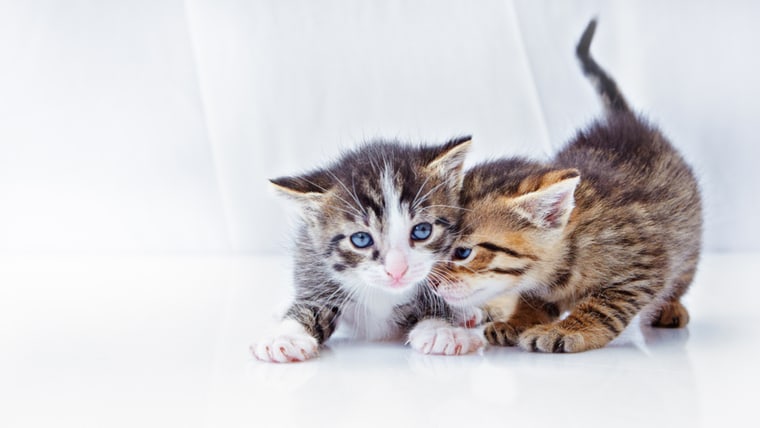All those hours nerding out about "Guardians of the Galaxy," or the Duchess Kate’s wardrobe, or supply-side economics aren't a waste of time. A new study in the journal “Neuron” reveals that when we pursue what piques our curiosity we better remember it — and, in the process, retain other knowledge.
“Curiosity enhances learning," says Robert Bilder, Michael E. Tennenbaum Family Professor of Psychiatry and Biobehavioral Sciences at the David Geffen School of Medicine at UCLA, who was not involved in the study. "One of the non-obvious outcomes [is] how curiosity impacted ... learning of incidental material.”
The idea for the study started when Charan Ranganath and Matthias Gruber wondered why people remembered some information but completely forgot other details.

“One of the big mysteries of memory is that it is selective. In any given day, you encounter tons of information,” says Ranganath, a psychology professor and director of the Dynamic Memory Lab at the University of California, Davis. “What determines what memories stick around?”
The two suspected that curiosity might motivate people to remember. To understand this, they asked undergraduate students to rank how interested they were in 112 trivia questions, such as
- “Who was president of the U.S. when Uncle Sam first got a beard?”
- “What does the term 'dinosaur’ actually mean?”
(Answers: Abraham Lincoln; Terrible Lizard)
While their brain activity was measured in an fMRI machine, students learned the answer to a question, but only after an anticipatory period. During the wait, participants briefly saw an image of a neutral face. About 20 minutes later, the students recalled the answers to the trivia questions and guessed whether randomly presented faces were the same ones shown during the wait.
When students felt curious — determined by how they had ranked their interest in a particular trivia question — they remembered the answer easily and, surprisingly, accurately recalled which faces they saw, even though the faces had nothing to do with their interest.
“People are better able to remember the faces if they were in a state of high curiosity,” says Ranganath. “When you’re curious, you remember things that you are curious about [but] you get a lot of memories for free.”
In addition to testing subjects’ memory, Ranganath and Gruber scanned their brains in the fMRI. Activity flared in the nucleus accumbens, ventral tegmental area and hippocampus; these areas contribute to the body’s reward system and memory. Curiosity acts as an internal reward.
“Really to understand real-life memory we maybe need to go more and more into what motivates us,” says Ranganath.
Pursuing interests improves memory, but isn’t the only way to keep minds sharp.
Studies of Buddhist monks show that meditation helps them experience less stress and anger. Even meditation novices experience less stress and anxiety and it can also help people lose belly fat.
Learning anything new, whether it's a second language or musical instrument, improves brain health, as does reading.
“It’s surprising that the benefits of reading are not more studied,” Bilder says. “It’s certainly advantageous to read where you are actively constructing the visual and sensory and auditory world rather than having it presented in a TV show or movies.”